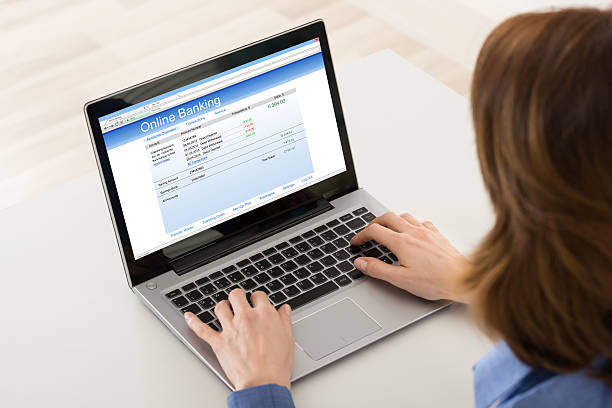Your domestic routing number is specific to your financial institution and the location of your account. It helps ensure that money is directed to the correct bank branch within the United States. However, when it comes to international transfers, the process becomes more complex due to the involvement of multiple financial institutions and different currencies.
The Challenges of International Transfers
International money transfers often require additional information beyond your domestic routing number. Here are some key challenges that arise when attempting to use a domestic routing number for international transfers:
Currency Conversion: Most international transfers involve currency conversion. Domestic routing numbers are designed for transactions in U.S. dollars, and they cannot handle multiple currencies. You will need a foreign exchange (FX) provider or your bank's international department to facilitate currency conversion.
SWIFT or IBAN Codes: International transfers typically require a SWIFT code (Society for Worldwide Interbank Financial Telecommunication) or an IBAN (International Bank Account Number) to identify the recipient's bank and account. These codes are not related to domestic routing numbers and are essential for routing funds internationally.
Additional Fees: International transfers often incur higher fees than domestic ones. These fees cover currency conversion, intermediary bank charges, and other processing costs. Using a domestic routing number for international transfers may result in unexpected fees or complications.
What You Should Do Instead
To facilitate international transfers smoothly and securely, follow these steps:
Contact Your Bank: Speak with your bank's customer service or international banking department to inquire about the specific requirements and procedures for international transfers. They can provide you with the necessary information, including SWIFT codes or IBANs.
Use International Transfer Services: Consider using international money transfer services or online platforms like PayPal, TransferWise (now Wise), or your bank's own international transfer service. These platforms are equipped to handle international transactions efficiently.
Provide Accurate Information: Ensure that you have the correct recipient's details, including their bank account number, SWIFT code, or IBAN. Any mistakes can lead to delays or failed transfers.
Be Aware of Fees: Understand the fees associated with international transfers and factor them into your transaction. These fees can vary significantly depending on the provider and the amount being sent.
In conclusion, while domestic routing numbers are essential for U.S.-based transactions, they are not suitable for international transfers. International money transfers require specific codes and processes to handle currency conversion and navigate the global banking network. To ensure a successful and cost-effective international transfer, always use the appropriate channels and consult your bank or a reliable international transfer service for guidance.
Frequently asked questions (FAQs) about international bank routing codes




